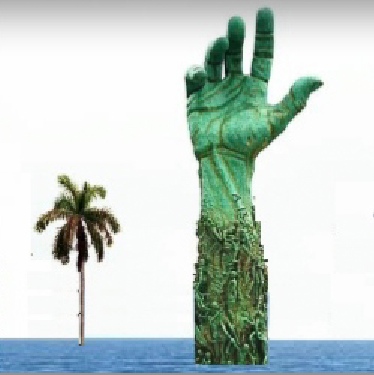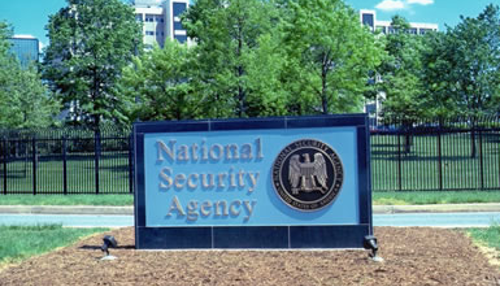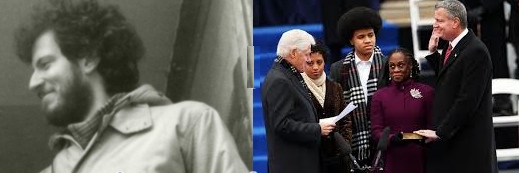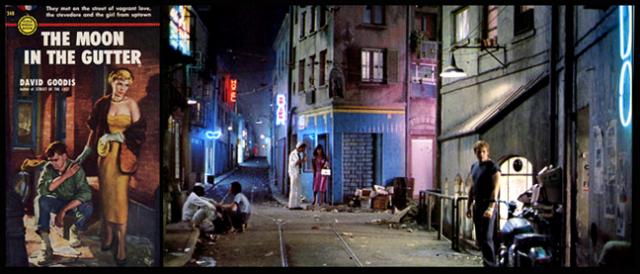(This article, the first in a three-part series, was written on assignment for WhoWhatWhy News)
Miami Beach -– Len Berry was relaxing with colleagues on a hotel patio here one evening last October when one of them shouted, “Look! It’s happening!” Peering over the railing, the group could see water pushing up onto the street below from storm sewer drains – something that thanks to sea level rise has been happening with increasing frequency in this low-lying resort city. Berry, director of Florida Atlantic University’s Center for Environmental Studies, says he and the others were in town to attend a conference on climate change when they got this first-hand view of the crisis.
Far north of Florida, skeptics of the chaos caused by climate change are rare. The denizens of Alaska, Siberia, Scandinavia, Greenland and northern Canada have been witnessing firsthand the frightening effects of a rapidly heating Earth: Lakes and shallow seas bubbling with methane, the Arctic Ocean’s icecap shrinking, soon to vanish altogether in summer, “drunken forests” whose tree roots once sat firmly atop permafrost, now wobbling helplessly on mud. They know what’s happening.
But in America’s Lower 48, there are still plenty of climate-change naysayers. In Florida, you will find fewer and fewer of them, though, especially along the state’s long, low-lying coastline. The evidence of climate change is getting harder to ignore down here, too.
The playground city of Miami Beach may seem an unlikely place to spot such radical changes. But at its greatest elevation this heavily developed island sits just four feet above mean sea level. Much of the land is even lower and these days it gets inundated when the tide is high.
 Miami Beach’s Holocaust Memorial sculpture by Kenneth Treister, rising 40 feet above the island, could end up being the last visible sign of Miami Beach, and an unintended symbol of a drowning city’s climate change fate
Miami Beach’s Holocaust Memorial sculpture by Kenneth Treister, rising 40 feet above the island, could end up being the last visible sign of Miami Beach, and an unintended symbol of a drowning city’s climate change fate









